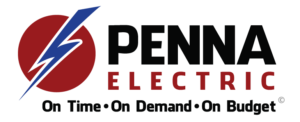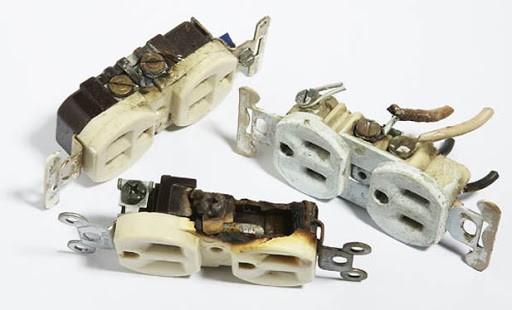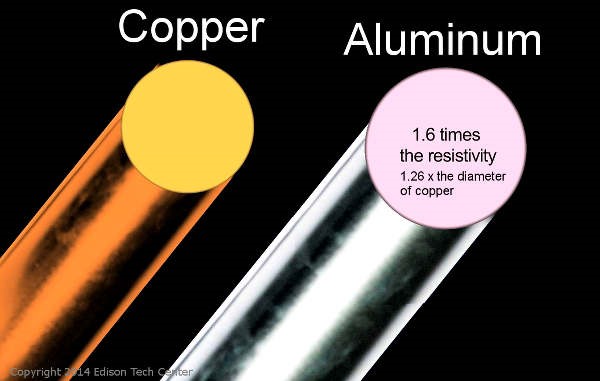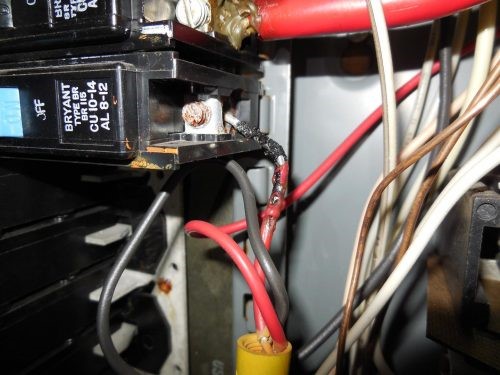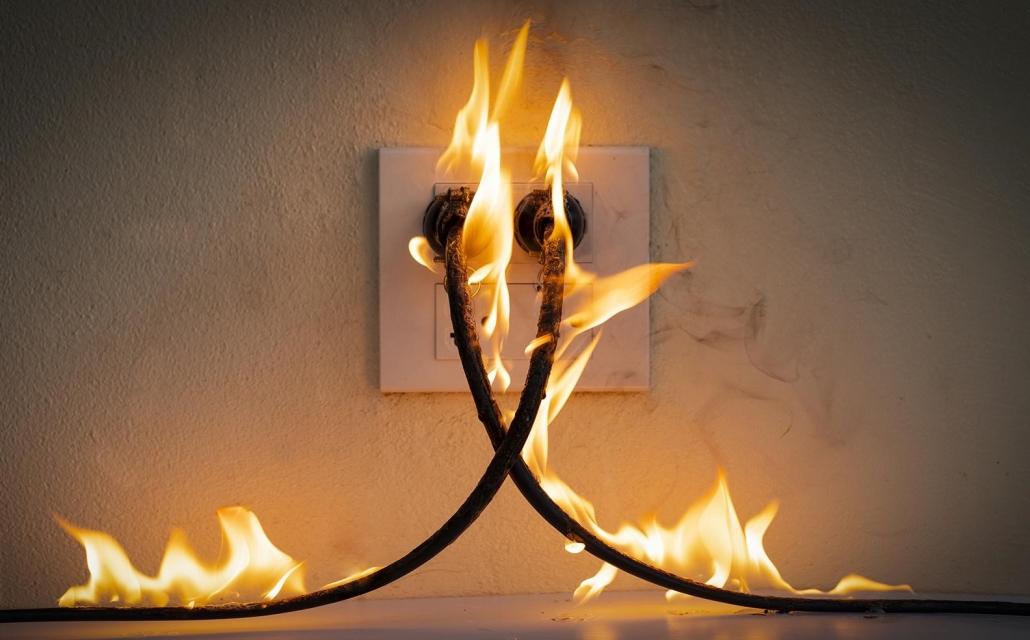The Dangers of Aluminum Wiring and How to Detect Them
Let’s take a trip back 30 years before we discuss the dangers of aluminum wiring in the home. If you think back to the 60s and 70s, the rising price of copper isn’t likely the first thing that comes to mind. So put 1969 New York on hold for now, and let’s take a look instead at how South Bay Los Angeles was developing during this time. In the 50s and 60s, massive amounts of tract housing were built due to the discovery of oil in the Los Angeles area in the 20s and 30s. By the 1970s, most of the South Bay cities we know today were finally incorporated and many homes were being built to support the rapid growth of the area.
If your home was built during this time, specifically 1965-1973, it was most likely outfitted with aluminum wiring because aluminum was more economical than copper wiring. It took about a decade or so to discover the inferior properties of aluminum for wiring:
- Higher Electrical Resistance
- Warping
- Expansion
- Oxidation
- Galvanic Corrosion
- Excessive Vibration
Higher Electrical Resistance
Compared with copper, aluminum has a higher electrical resistance. For the same amount of current to flow through aluminum wire, larger wires are needed and these wires will generate more heat due to the resistance. Excessive heat can lead to warping of the aluminum wire and melting of the insulations, creating a potential fire hazard.
Warping
Aluminum wiring is much softer than copper wiring, which makes it more prone to damage during installation and more likely to break, fray or deform over time. Due to its high sensitivity to compression, aluminum wires can easily warp with repeated use. Warped wires lead to loose connections (which causes wiring to become exposed to air) and increased electrical resistance at the deformation point. As this increased resistance continually occurs, fire hazards can develop from the buildup of excessive heat.
Expansion
When heated, aluminum expands much more than copper does. This extra expansion and contraction gradually causes loose connection points. In a loose connection, the wire is exposed to air. Exposed wiring is susceptible to oxidation and corrosion, which can further impede electrical flow to outlets, leading again to…you guessed it–excessive heat.
Oxidation
All metals rust, including aluminum and copper. Exposure to oxygen in the air causes deterioration to the outer surface of the wire, a process called oxidation. The oxide layer (rust) that forms on copper is highly conductive and can maintain a constant flow of electricity. However, the oxide on aluminum wiring impedes the flow of electricity, creating potential connection problems, and…say it with me–excessive heat.
Galvanic Corrosion
In the presence of moisture and electric current, most metals undergo some form of galvanic corrosion when joined with a different metal. This is most common when using incorrect receptacles or conductors with aluminum wiring; for example, if a homeowner or past occupants have upgraded old outlets to new outlets that were designed for use with copper wiring. Galvanic corrosion leads to loss of material, increased electrical resistance and yet another encounter of our fire hazard enemy.
Excessive Vibration
Electrical current vibrates as it passes through wiring. This vibration is more intense with aluminum wiring than with copper wiring, and can gradually cause connections to loosen. And we know what can happen with loose connections.
How Can I Tell if My Home Has Aluminum Wiring?
If your home was built from the mid 60s to early 70s, then you probably have aluminum wiring. The easiest way to tell is to check your electrical panel or the cables running through the basement, attic or unfinished parts of your home. The plastic sheath may be visibly labeled with “AL”, “ALUM” or “ALUMINUM” on one side of the covering every few feet. DO NOT touch the wiring while looking for these markings! Although the plastic sheath that insulates the wires should protect you from electric shock, it is always necessary to use caution. Use a flashlight if the markings are difficult to see. There are other ways to check, but none are as safe as simply looking at the labeling on the cable jacket. When in doubt, always have a licensed electrician perform an electrical inspection. Inspection requires the opening of all outlets including: receptacles, switches, fixtures, appliance connections and panelboard. A thorough visual inspection by a licensed electrician will look for melted insulation and darkened, discolored or loose connections. The electrician can then determine whether your home needs implementation of safety measures or complete rewiring.
How To Detect Dangers of Aluminum Wiring
- Warm cover plates
- Discoloration of switches/receptacles
- Arcing/shock when plugging in appliancesFlickering Lights
- Smell of hot plastic insulation
- Loose outlets
- Faulty light fixtures (such as bulbs frequently burning out)
- Buzzing/sizzling sounds in wiring or outlets
These are all signs of overheating and deterioration of aluminum wiring, which can develop into potential fire hazards. In 2011, the Consumer Product Safety Commission released a survey suggesting that “homes built prior to 1972, and wired with aluminum, are 55 times more likely to have one or more wire connections at outlets reach ‘Fire Hazard Conditions’ than homes wired with copper.”
Do not wait for signs of overheating or arcing. Keep your family and your home safe by calling Penna Electric today for an inspection by one of our licensed electricians.
Resources
A Simple Electrical Upgrade Can Upgrade Your Quality of Life
The right electrical upgrade can dramatically improve the value and appearance of any home or business. You’ll be amazed at what a difference the right electrical upgrade can make for your home or business. Make sure that when you select an electrical company to do the enhancement of your home and you have decided to take your enhancement to the level where you require an electrical upgrade that the technician at the company has a good working knowledge and the experience to properly guide you in this area.
When you decide to upgrade, our well-trained and certified electricians have all the experience and training needed to complete your electrical panel upgrade project from start to finish, with a minimum of fuss or disturbance. Please contact us right away at 310-800-2401
